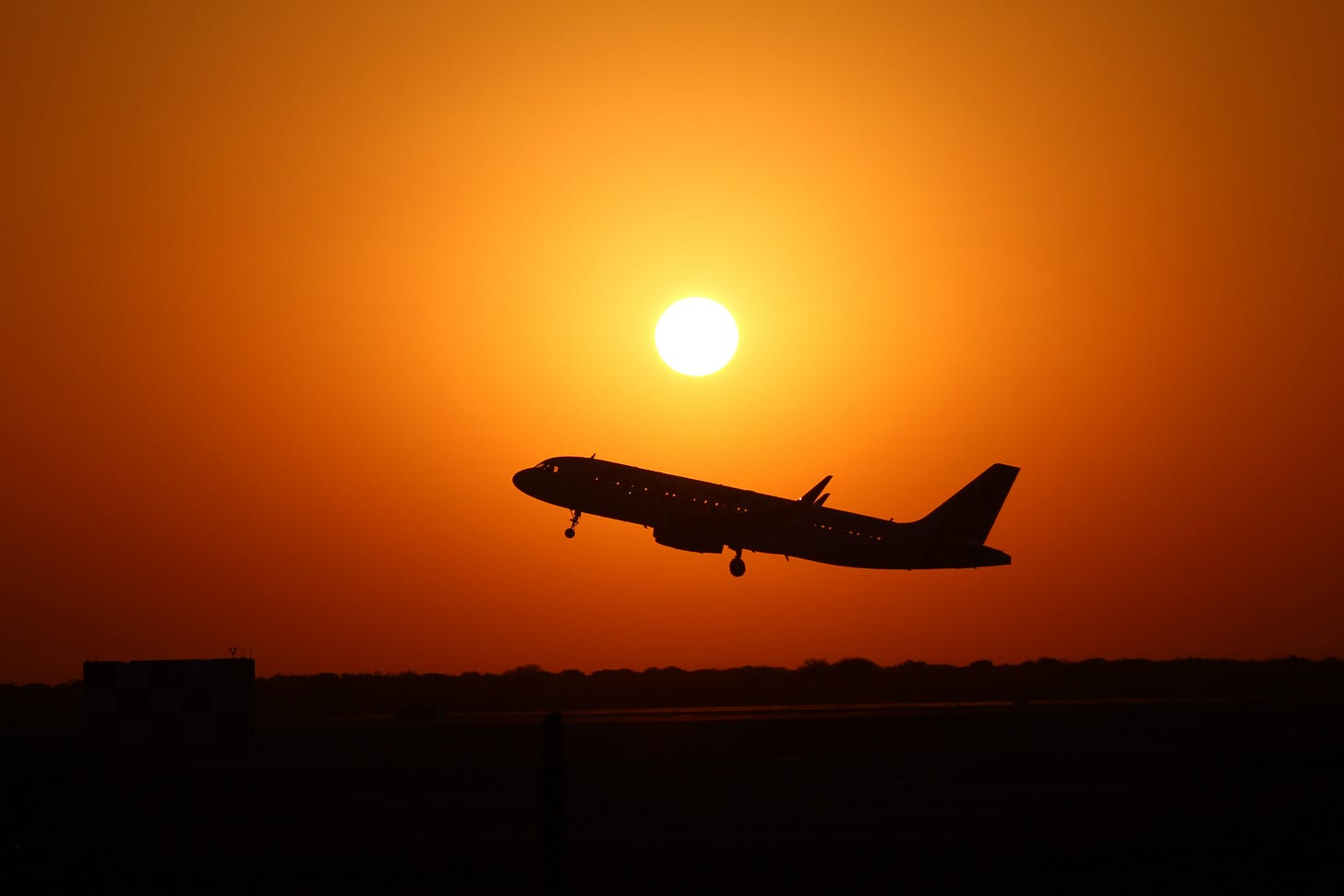Philippine Airlines Sets 2050 Net Zero Emissions Target
Philippine Airlines (PAL) has established a framework it is confident will see the airline attain net zero carbon emissions by 2050, in support of international agreements for climate action.
The Philippine flag carrier announced it is investing in an all-out carbon reduction program as part of a multi-year commitment to combat climate change. To help the airline achieve its ambitious goal PAL has tapped the services of acclaimed climate scientist and science diplomat Glenn Banaguas to help guide the company’s efforts.
With Banaguas providing expert guidance, PAL aims to conduct comprehensive assessments of its overall greenhouse gas (GHG) emissions and move towards full decarbonization.
“PAL’s commitment to climate action is a great service to the country and to the world,” Banaguas said. “More than just a rallying call, it is a reminder of our shared responsibility for, and stewardship of, the environment.”
Reducing CO2 emissions
PAL said its Net Zero goal will be holistic and comprehensive, covering both flight and ground operations. To this end the carrier has already started the process by shifting to renewable energy for the electricity supply of its major offices and working on the potential use of sustainable aviation fuel to power its fleet.
The airline is also working on its operational efficiency by implementing fuel efficiency initiatives such as Single Engine Taxi In (SETI) and Reduced Acceleration Altitude (RAAL) that help reduce CO2 emissions while adhering to strict safety standards.
“Our Net Zero initiative comes at a crucial time for the international aviation industry, which is seeking to further lessen its environmental impact in response to the global scientific community’s clarion call against irreversible climate change,” PAL President & COO Capt. Stanley K. Ng said.
According to United Nation’s International Civil Aviation Organization (ICAO), greenhouse gas emissions from aviation could increase by a factor of two to four times 2015 levels by 2050. Aviation makes up more than 2% of all global CO2 emissions: around 1.3% from international and 0.7% from domestic flights.
#PhilippineAirlines #NetZero





